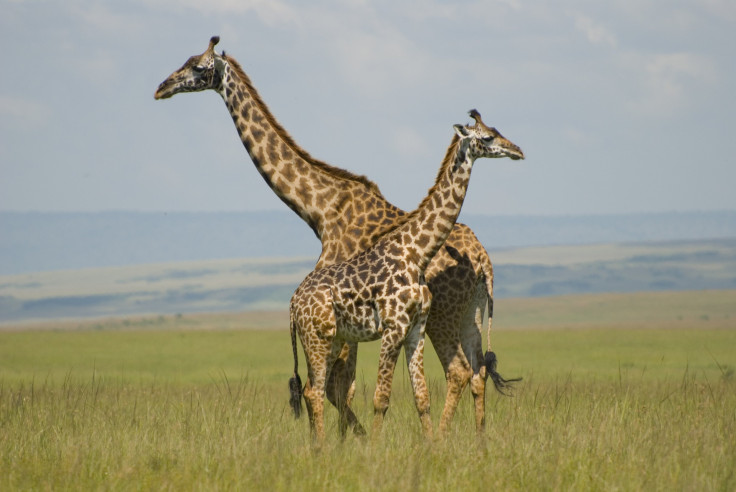Japanese Scientists Perfect Freeze-Dried Sperm, Hoping To 'Zip' Earth's Biodiversity Into Space

Scientists are collecting the sperm of rare animals to preserve a possible future for Earth’s biodiversity on other planets colonized by man and his machines — along with a supporting cast including chimpanzees, giraffes, and other animal species.
Takehito Kaneko, an associate professor at Kyoto University in Japan, has perfected a method of freeze-drying sperm after 10 years of work, incorporating a buffer solution into the process that protects the genetic information in the sperm from decay. In experiments, Kaneko and his colleagues reawakened frozen sperm by simply thawing it in water. “This method preserves the sperm samples very well and technically we believe it is possible to store them for decades or even longer into the future,” Kaneko told The Daily Telegraph. “After they have been preserved, we want to continually examine the condition of the genetic information.”
The researcher began his work on mice and rats, successfully breeding offspring of both species — via artificial insemination, of course — from sperm freeze-dried for five years. Following the success, Kaneko is now collecting sperm samples from a number of rarer animals facing extinction, such as elephants, tigers, and rhinoceros. The university’s zoological collection offers 132 species for researchers beginning what may become a sperm bank for posterity.
Kaneko says the technology might have applications for human procreation, but emphasizes that he is not a medical doctor. “It’s a long way into the future, of course, but if we can store this genetic information in this way it could be something that we can take into space,” he said, describing a biological technology that effectively condenses information like a computer file.



























